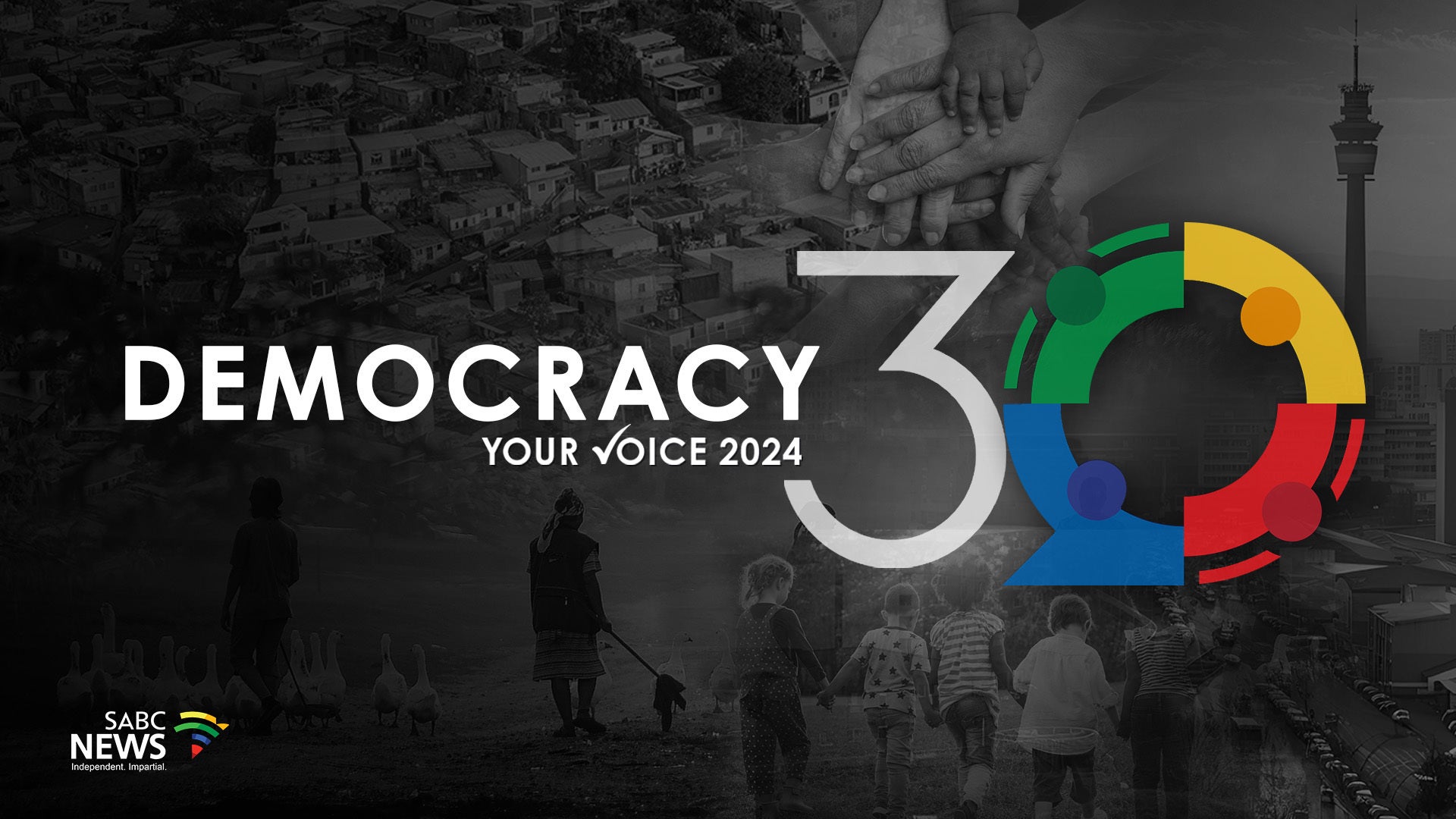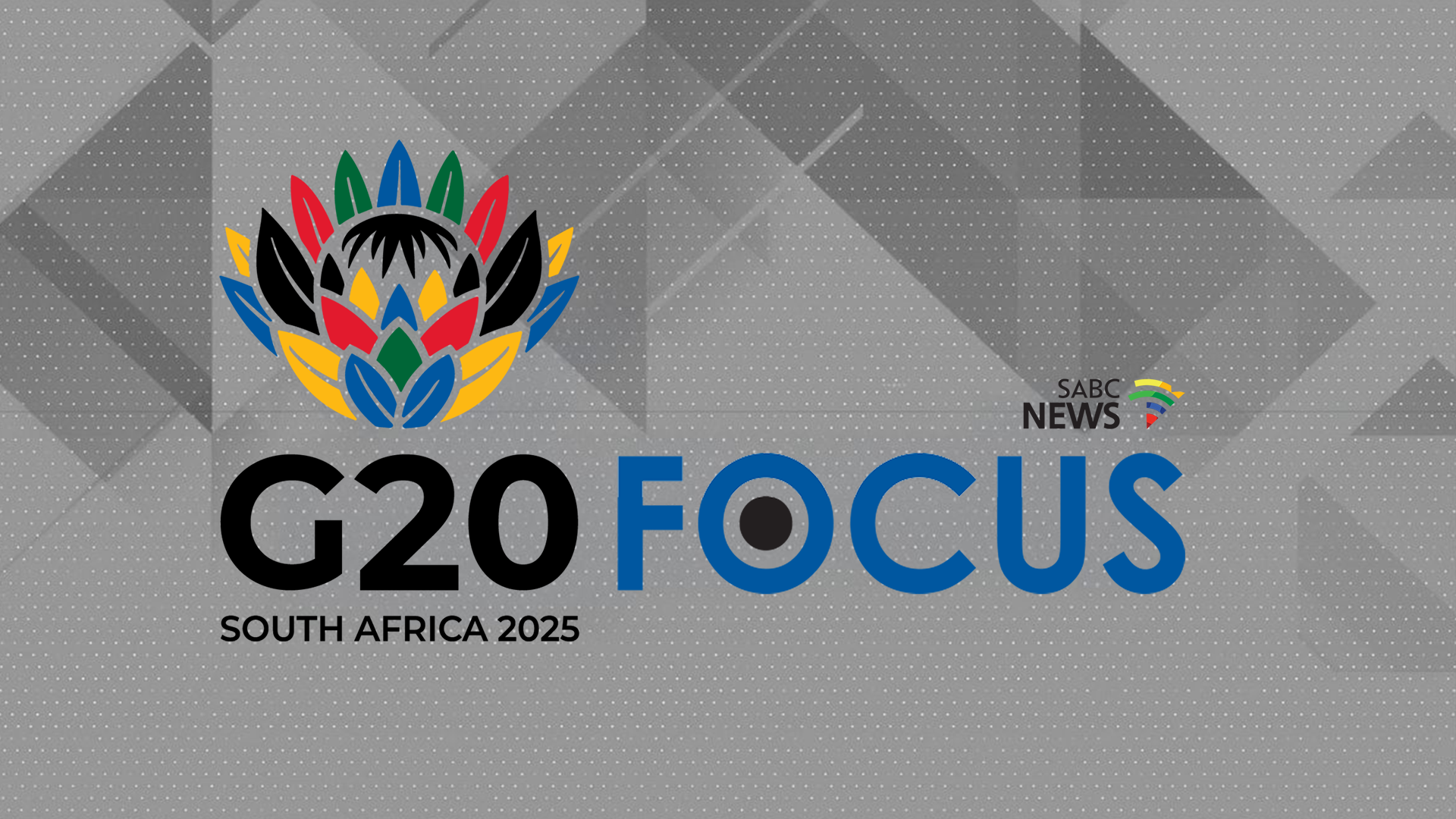Watch Asikhulume

Minyaka yonke, isifundazwe iGauteng sibhekana nezinselele ngohlelo lokufaka izicelo zokufunda zabafundi ngeInterntent. Umthelela ongemuhle waloluhlelo wukuthi abafundi bahlala emakhaya ngenkathi ontanga beqhubeka nezifundo zabo. Yini okudingeka yenziwe ukuze kubhekwane nalengqinamba?

Ubugebengu buyaye bande ngamaholidi kakhisimusi. . From banking fraud and phishing scams to ransomware attacks and identity theft, cybercriminals are becoming more sophisticated, targeting both individuals and major institutions. INingizimu Afrika manje isiphakathi kwamazwe athinteke kakhulu ezwenikazi, futhi umthelela ubonakala emakhaya ethu, emabhizinisini ethu, ngisho nasezinhlelweni zikahulumeni.Ohlelweni I Asikhulume sikuqwashisa ngobugebengu obungenza ugcine ulahlekelwa izimali ebhange nezinto okufanele uziqaphele ezinkundleni zokuxhumana ezingenza ube isisulu sobugebengu.

Sesifikile isikhathi sokuhlukanisa izimali ebezibekwa unyaka wonke amalungu ezitokofela imboni yezigidigidi zamarandi. Izitokofela eziningi zinezinkinga eziningi,sibala ukuqolana kwamalunga, ukuba yizisulu zezigebengu, ukungabi nolwazi ngezezimali, namathuba angenza ukuthi bagcine benza umcebo wezizukulwane nezizukulwane. Kanti futhi lemboni inkulu indima engayidlala emnothweni nasekudaleni umcebo wezizukulwane. Kodwa akubonakali loku ikwenza.

Abahlali basemapulazini basaqhubeka nokubhekana nezinselelo zokungavikeleki, ukuxoshwa ngokungekho emthethweni, ukungakwazi ukuthola izidingongqangi kanye nokwephulwa kwamalungelo abasebenzi okuqhubekayo. Iningi labahlali basemapulazini basaqhubeka nokuxoshwa yilabo abathi bangabanikazi bawo, nakuba sebehlale kulo mhlaba izizukulwane ngezizukulwane.

Ku Asikhulume sibheka izinkinga ezikhungethe izibhedlela nomnyango wezempilo esifundazweni I KwaZulu-Natal. Ukushoda kodokotela, abahlengikazi, imithi, ama ambulense nokunye. Sikhulumisene ne Department of Health HOD Mrs Penny Msimango, Zanele Gumede DENOSA, PSA provincial manager Mlungisi Ndlovu and Dr Nobuhle Makhanya from Unemployed Doctors Task Team.

Ohlelweni sivakashele umnyango wesemfundo kwaZulu Natali siyobheka izinkinga zohlelo lokudla ezikoleni. Ukungakhokhelwa kwezinkampani ezihlinzeka ukudla umnyango wezemfundo kulesisifunda, nokwenza abafundi abathembele kulokukudla ngoba bebuya emakhaya antulayo bangakutholi. Ukuthola ezinye izindaba, vakashela i-sabcnews.com kanye ne #SABCNews #SABCIzindaba kuSocial Media.
Save video to ...













